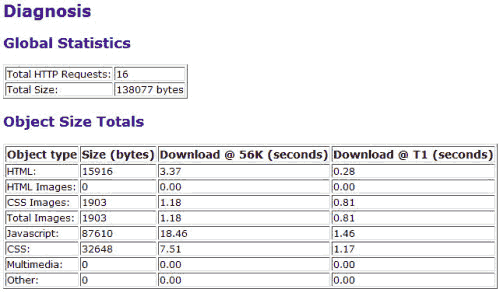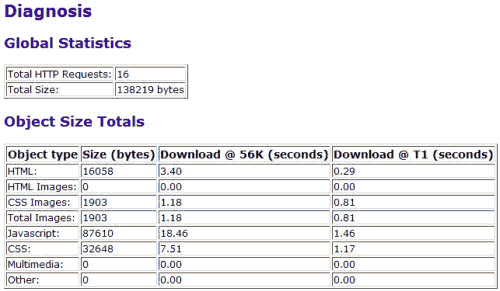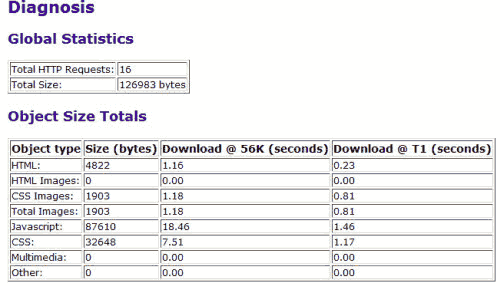Guest Post by Mark. It essential to make WordPress faster and safer. I admit, there are a lot of articles on the topic of promising you to share how to make WordPress faster and safer. Most of them under deliver. I’ll try my hardest not to make this article get into that category.
Before we start, I want to ask you: Have you ever heard about the 80/20 rule? This rule states that 80% of your results come from 20% of your efforts (80/20 is just a rule of thumb, it can be 90/10, 70/30 and so on.) My point is, the same principle applies for making WordPress faster and safer. Spend several minutes, change some things, and reap big results. Those will be covered below.
How to Make WordPress Faster
When it comes to making WordPress faster, 2 things matter most:
- Hosting
- Optimizing WordPress
a) Hosting – How to Choose a great WordPress host
99.9% of webhosts support WordPress. So, when it comes to the question ‘Which is the best WordPress hosting solution’ you’re actually asking: ‘Which is the best hosting solution?’ Honestly, it’s very hard to give an answer to this question. The best answer would be, it depends (on your needs.)
There are some research sites like Netcraft that provide monthly reports on the most reliable hosting solutions. However, most of the hosts there, are for businesses and cost over $100 monthly. On the other hand, you can go with the most popular solutions (following the logic: if they’re popular and a brand, they must be at least above average.)
Another thing you definitely want to do before deciding to deal with a web host is to check out the business via BBB. In my experience, there seems to be a high correlation between the BBB rating for the company and the actual reliability that the company will offer.
To get to the point, which hosts do I recommend?
- Hostgator.com (I personally use it for more than a year). HostGator are ThePlanet resellers (and ThePlanet is ranked as one of the most reliable hosts by NetCraft is some of their reports). Hostgator also has A+ BBB grade.
- GoDaddy.com, has an A+ BBB grade and I heard very positive reviews from friends. They aren’t mentioned by Netcraft in many of their reports, though.
- Hosting4less.com – I was surprised to see this company consistently ranking in the top 10 on Netcraft monthly reports, after investigating them I found they have an “A” grade from BBB and existing for quite a long time. So all data indicates they’re great.
Please be aware I haven’t mentioned many well-known hosts in this list. I was shocked to see that many of them (I don’t want to mention any names) aren’t even BBB accredited businesses!
b) Optimizing WordPress
By optimizing WordPress, I mean caching and compressing EVERYTHING (CSS files, the WordPress database and so on.) Obviously, you want some automated solution to do all this for you.
Okay, so we need a caching plugin. Many people prefer WP-Super-Cache. However, my tests have shown very small or almost no significant improvement in performance when using this plugin. I just used this tool and measured my blog’s performance before and after I got the plugin enabled.
One plugin that improved my blog performance significantly was W3-Total-Cache (the creator is the Chief Technology Officer at Mashable.)
Proof: Here’s a screenshot of my blog speed without any caching plugin:

Now, here’s a screenshot with WP-Super-Cache enabled:

As you can see, this plugin not only didn’t improve my blog performance but also made it worse!
Now, let’s try WP-Total-Cache:

The speed improved by 300%! Why? Well, the author has a good explanation here.
Conclusion: WP-Super-Cache is way more popular than WP-Total-Cache. However, if something is popular it doesn’t have to mean it’s better than the less popular alternatives!
How to Make WordPress Safer
Here’s a checklist of some of the basic things to make WordPress secure:
- Do you use the latest WordPress version?
- Is your computer clean of viruses and spyware? Key loggers can steal your username and password
- Is you password strong enough? Do you have numbers and special characters?
- Have you changed your default ‘admin’ username? See how.
Honestly, while researching, I found many posts on how to secure WordPress but they all seemed to be repeating what is said in the WordPress Codex on this topic. So go and read it, better do that than read hundreds of fancy posts on new techniques to secure WordPress. Get the basics right before attempting something advanced.
In case you want maximum security, add a second layer of protection with AskApache Password Protect plugin. Warning: Test this plugin on a test blog first before attempting to use it on your main blog. And read the full warning in the codex above.
I don’t recommend you use this plugin unless your blog is extremely popular (gets 50k+ visitors per day.) Let’s be real here…most hackers attack the most popular blogs manually. Not many go after the less popular ones (they might use automated tools for the less popular ones but if you upgrade your installation regularly and use some basic plugins for protection like WP Security Scan, you’re safe.)
Also be sure to backup WordPress. Oh, and forgot to tell you, that’s my site by the way. Feel free to subscribe if you want to. I hope you’ve learned a lot!
Mark is currently one of the authors for Mix The Net, a site for helping the casual surfer get more of the web. You can also write guest articles and share your WordPress tips and tricks.
Related articles you might like ...
没有评论:
发表评论